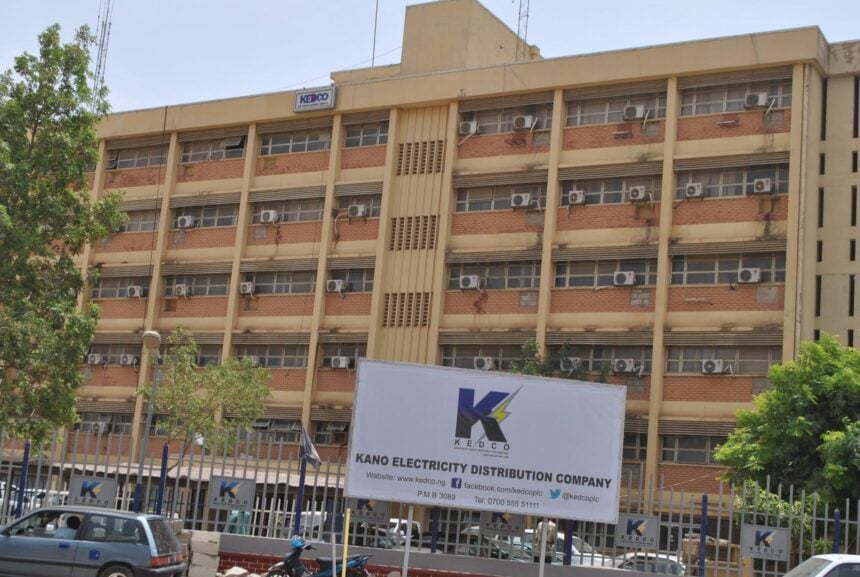President Muhammadu Buhari’s eight-year tenure has come under scrutiny as he bequeaths Nigeria with a failing healthcare system. Despite making big promises to improve the sector, his administration faced various challenges, including inadequate funding, poor implementation, and public health crises.
One of President Buhari’s campaign promises included revitalizing primary healthcare facilities to reduce pressure on secondary and tertiary healthcare centres. He aimed to reduce HIV/AIDS cases by 50%, reduce infant mortality to 3%, and maternal mortality by 70%. He also proposed increasing the number of physicians from 19 to 50 per 1000 population, increasing health expenditure to N50,000 per person per annum, and manufacturing 70% of pharmaceuticals locally.
However, the administration’s failure to allocate sufficient funds made these promises impossible to fulfill. Although the government promised to revitalize 10,000 primary healthcare centres, only 4,000 have been revitalized so far. Additionally, an insufficient number of skilled birth attendants caused 145 women to die daily from pregnancy complications.
Buhari’s administration was praised for its handling of the COVID-19 pandemic, ranking fourth on the Economist’s normalcy index for its response to the crisis. It implemented technology-driven methods, aiding support and healthcare infrastructure. However, Nigeria continued to battle recurring infections like Lassa fever, cholera, measles, meningitis, smallpox, and yellow fever.
The President received recognition for his work in hospital infrastructure development. Nevertheless, infrastructure development is one thing, equipping and maintaining health facilities is another. The Medical Association and Nigerian Association of Resident Doctors said that the President did not meet his promises in upgrading tertiary health institutions to global standards.
The signing of the National Health Insurance Authority Bill 2022 was also an achievement of Buhari’s government. The bill aimed to cover 83 million low-income earners, but 70% of healthcare delivery in Nigeria is still private and out-of-pocket. According to NOI Polls, only 17% of Nigerians have health insurance.
Nigeria also faces a significant brain drain of its healthcare workforce, largely due to poor remuneration, poor working conditions, heavy workload, and insecurity. The country’s doctor-to-population ratio is one to 10,000, below the World Health Organisation’s suggested ratio of 1:600. Over 75,000 nurses and midwives and 11,273 doctors have left Nigeria for better opportunities abroad.
The Mental Health Bill signed into law by the President in 2021 was, unfortunately, not backed by an implementation plan, leaving the country with no significant improvements for mental health treatment.
Nigeria’s healthcare system faces multiple challenges as Buhari’s tenure ends. The sector needs a significant commitment to address its many problems.



